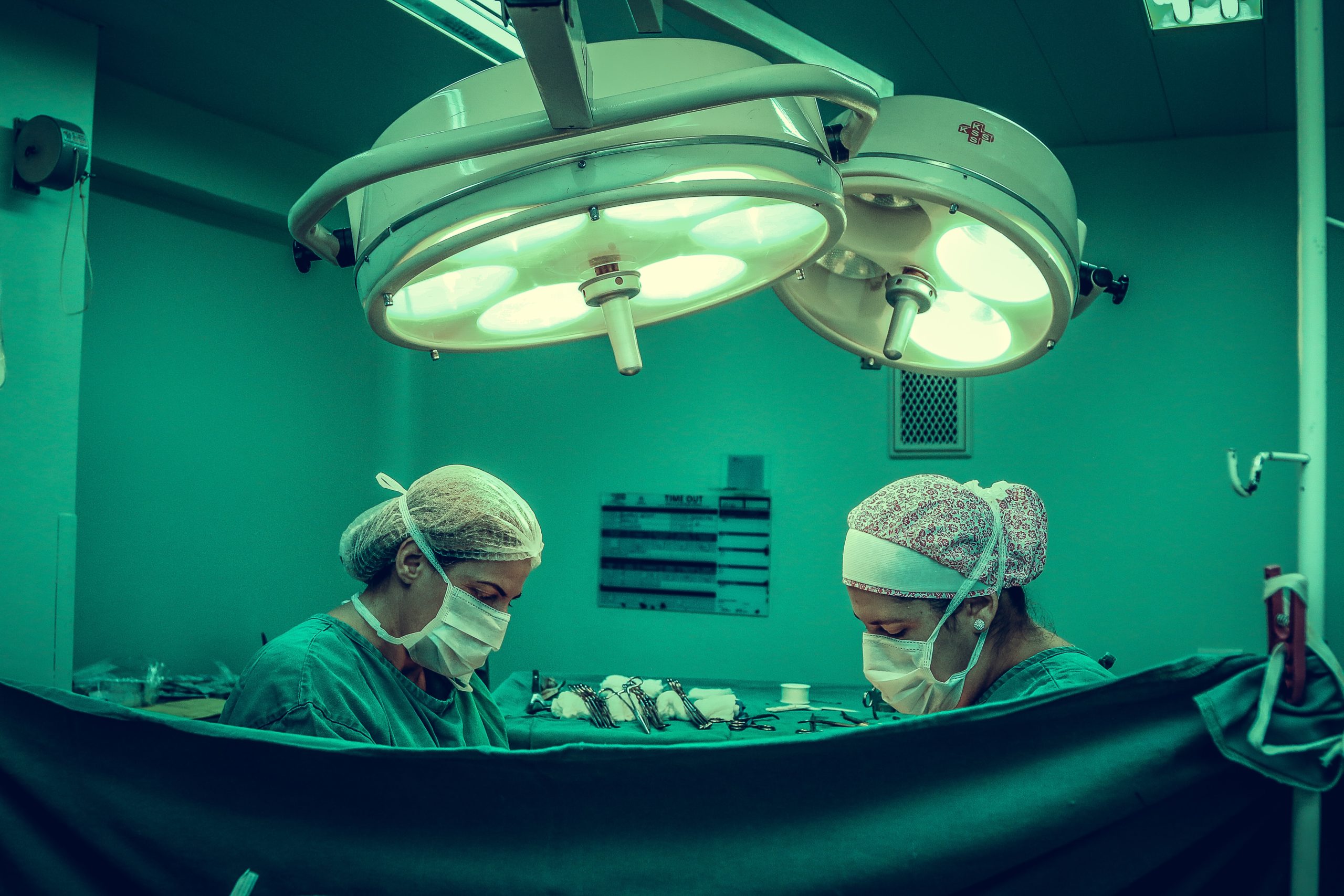
Free Consultation(203) 447-0000

Free Consultation(203) 447-0000

When it comes to the top causes of death in U.S. medicine, most people think of heart disease and cancer. But medical errors? It doesn’t seem possible that medical errors would slot in at the number three killer of Americans. Yet that is exactly what the evidence shows.
A published Johns Hopkins study calculated that over 250,000 deaths per year occur from medical error. That’s more than respiratory illness, stroke, or Alzheimer’s disease. This number is not just shocking in its scope, but it also seems difficult to accept. After all, hospitals, doctors, nurses, and pharmacists are there to heal, not to harm.
The problem of medical error-related deaths seems contrary to what we know about modern medicine. The advances in knowledge and technology have led to wonderful improvements in people’s lives. Medical advancements have done miraculous things. For instance, dozens of Austrian doctors and nurses saved the life of a woman who was trapped in freezing water for over 80 minutes.
Doctors have rigorous training and education. They are often seen as infallible. So how can it be that so many people are killed through medical negligence? Think of it this way. Have you ever forgotten your car keys? Of course you have. You are human. And doctors, nurses, and hospital staff are also humans, just like the rest of us.
Fatal medical errors can result from something as major as slicing an artery during a procedure, or as mundane as forgetting to wash one’s hands. Medical errors can have vastly different causes. Errors can come from individual mistakes or system-wide problems. Some examples of medical errors are:
These errors result from multiple causes. The Journal of Patient Safety notes how at the national level, our country has a patchwork of medical care subsystems and a complex maze of providers, HMOs, and insurance requirements that make it harder for patients to have a continuity of care. Also, in cost-driven institutions with increased production demands, there may be too high a volume of patients, decreased staff, suboptimal working conditions, fatigue, and burnout. These flaws in our healthcare system increase the risk of error.
You may wonder – why isn’t there more media attention on this scourge of medical error? One reason is that the scope of the problem is difficult to track. The CDC relies on death certificates for classifying causes of death. But death certificates do not list medical error as a cause of death. This makes it difficult to easily gather data on the scope of medical error. Also, deaths from medical errors can be very case-specific, which makes it harder to unify victims of medical negligence behind a single campaign for change.
Another reason may be that patients’ families aren’t aware that negligence occurred. Further, when negligence has occurred, and the victim settles their malpractice lawsuit, doctors and hospitals insist on the plaintiff signing a confidentiality agreement. Those agreements prevent victims from publicizing any details surrounding the medical error.
In order to protect yourself from medical errors, it’s important to always ask questions of your providers. While the doctors undoubtedly are the experts, you as the patient have the right to control your medical care. If you are uncomfortable with a course of action, seek a second opinion. Finally, if you find yourself in the complex maze of a hospital system, bring a loved one to advocate on your behalf. Given the many problems facing the medical field, you may need someone to speak up if your symptoms are not being properly addressed.
Although there are steps you can take to protect yourself, medical errors still happen. If you or someone you love is suffering due to the wrongdoing of a medical professional, you deserve to have a legal advocate fighting for you. A skilled member of our team at Berkowitz Hanna can fight for you and ensure you get the compensation you deserve. Call today to learn more.
Berkowitz Hanna
